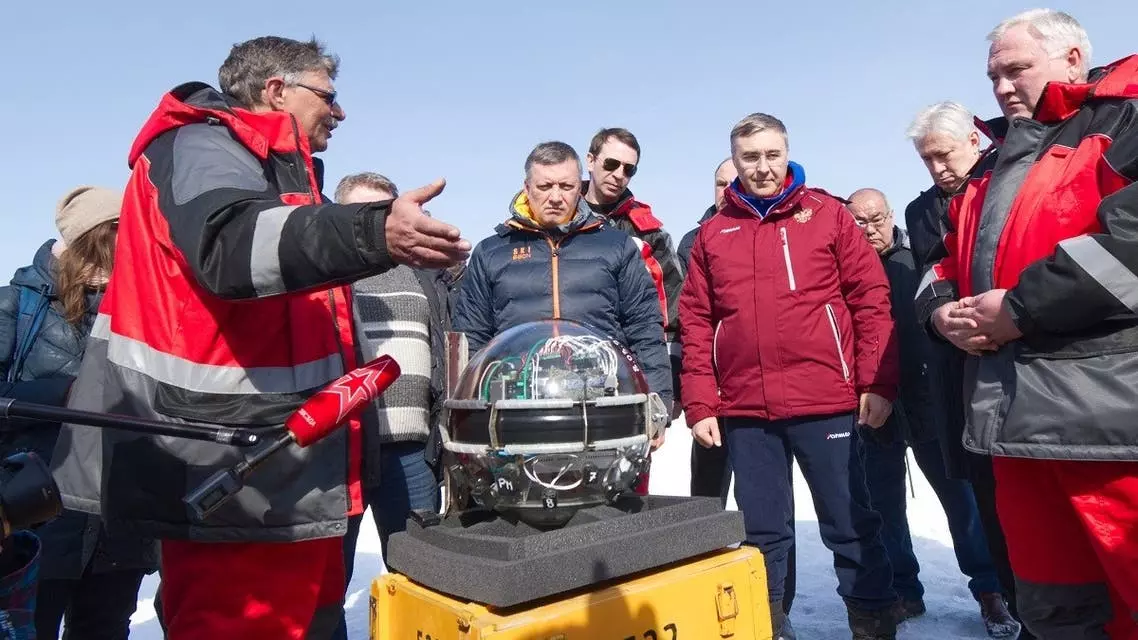
Russia launches underwater space telescope
text_fieldsRussia has submerged Baikal-GVD, a deep underwater space telescope, into Lake Baikal on Saturday (March 13) to study underwater aquatic life. Being one of the world's biggest underwater space telescopes, it has been specially designed to observe neutrinos, the smallest particles known to man.
AFP reported that the telescope, manufactured with the participation of scientists from the Czech Republic, Germany, Poland, Russia and Slovakia, is attached with strings, spherical glass and stainless-steel units.
Following its launch into a depth of 750-1,300 meters (2,500-4,300 feet) down the icy Lake Baikal on Saturday, scientists expect to detect neutrinos soon.
"A neutrino telescope measuring half a cubic kilometre is situated right under our feet," said Dmitry Naumov of the Joint Institute for Nuclear Research to AFP. He added that the telescope would be expanded to measure one cubic kilometre in several years.
According to the team, the telescope is the largest neutrino detector in the Northern Hemisphere. Considered the world's deepest and the largest freshwater lake, Baikal makes the best spot for the floating observatory.
Bair Shoibonov of the Joint Institute for Nuclear Research stated that fresh water and water clarity is important. "And the fact that there is ice cover for two-two and a half month is also very important," he said.























